Please note that you have to be a registered member with paid membership in order to see full articles.
Become a Member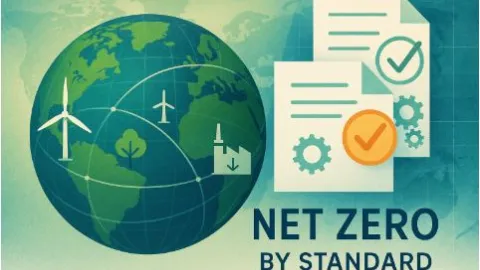
ISO 14060 Moves Net Zero Toward Credible And Practical Action
International standards are emerging as a way to restore trust in net zero claims,
Why IFRS Standards Gain Ground as Others Stall in Climate Related Risks Reporting
The IFRS Sustainability Standards, developed by the IFRS Foundation, are quickly becoming the global benchmark for climate related risks reporting with 36 jurisdictions already adopting them.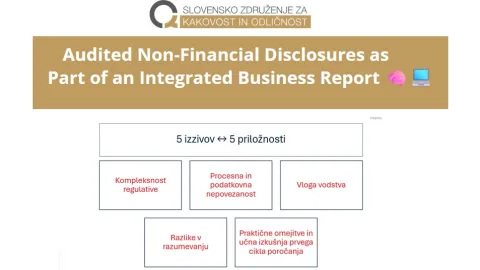
Five Key Challenges for Companies in First Year Under CSRD Directive
Companies are facing five main challenges in the first year of reporting under the CSRD directive, the EU’s framework that requires companies to disclose environmental, social, and governance issues.
Efficient ISO 50001 Energy Management Requires More Than Cutting Consumption
Energy management based on ISO 50001 is not just about cutting energy use—it’s about building a system that supports control, traceability, and operational efficiency.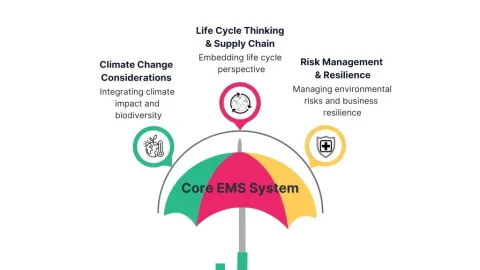
ISO 14001 Revision Brings Stormproofing Model to Environmental Systems
Just like in architecture, where adaptive reuse means strengthening existing structures rather than building from scratch, the new amendments to ISO 14001:2015 aim to reinforce what’s already solid.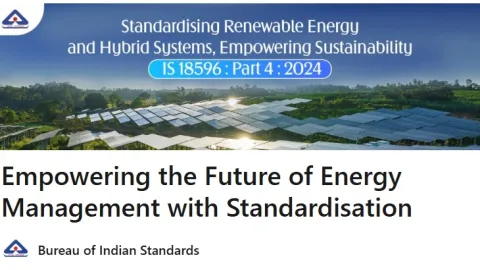
Indian Standard That Supports Renewable Energy in Rural and Remote Areas
Access to stable electricity is still a major issue in many parts of the world, and isolated renewable energy systems offer a cleaner, more reliable solution.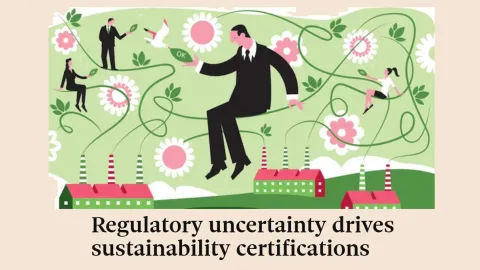
Companies Turn to Sustainability Certifications Amid Regulatory Uncertainty
Companies across the EU are increasingly turning to sustainability certifications to navigate unclear and shifting regulations, according to financial journalist and Certified Auditor for Gender Equality Anna Zavaritt in a recent article for Il Sole 24 ORE.
Standards as the Key to Implementation of EU Green Industry Plan
On February 26, 2025, the European Commission unveiled its sustainability policy for the next five years, introducing the Clean Industrial Deal and the Sustainability Omnibus.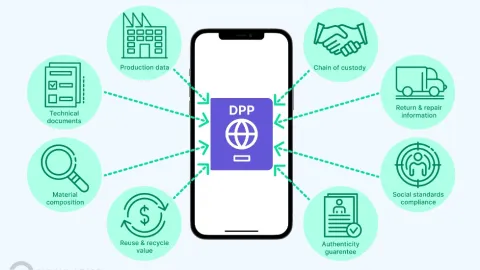
The Role of Digital Product Passports in Transition to a Greener Economy
Jacob Mehus, CEO of Standard Norway, shares his perspective on how digital product passports (DPPs) could become a crucial tool in the EU’s push for a greener economy.
Life Cycle Assessment or Product Carbon Footprint? Choosing the Right Tool for Sustainability Goals
Life cycle assessment (LCA) and product carbon footprint (PCF) are two methodologies used to evaluate the environmental impact of products, each with distinct focuses.
Circular Economy Here to Stay: Foundations Confirm It as a Global Megatrend
The first post in the Circular Economy Uncovered series by Quality Austria explores whether the circular economy is a fleeting concept or a transformative megatrend.

